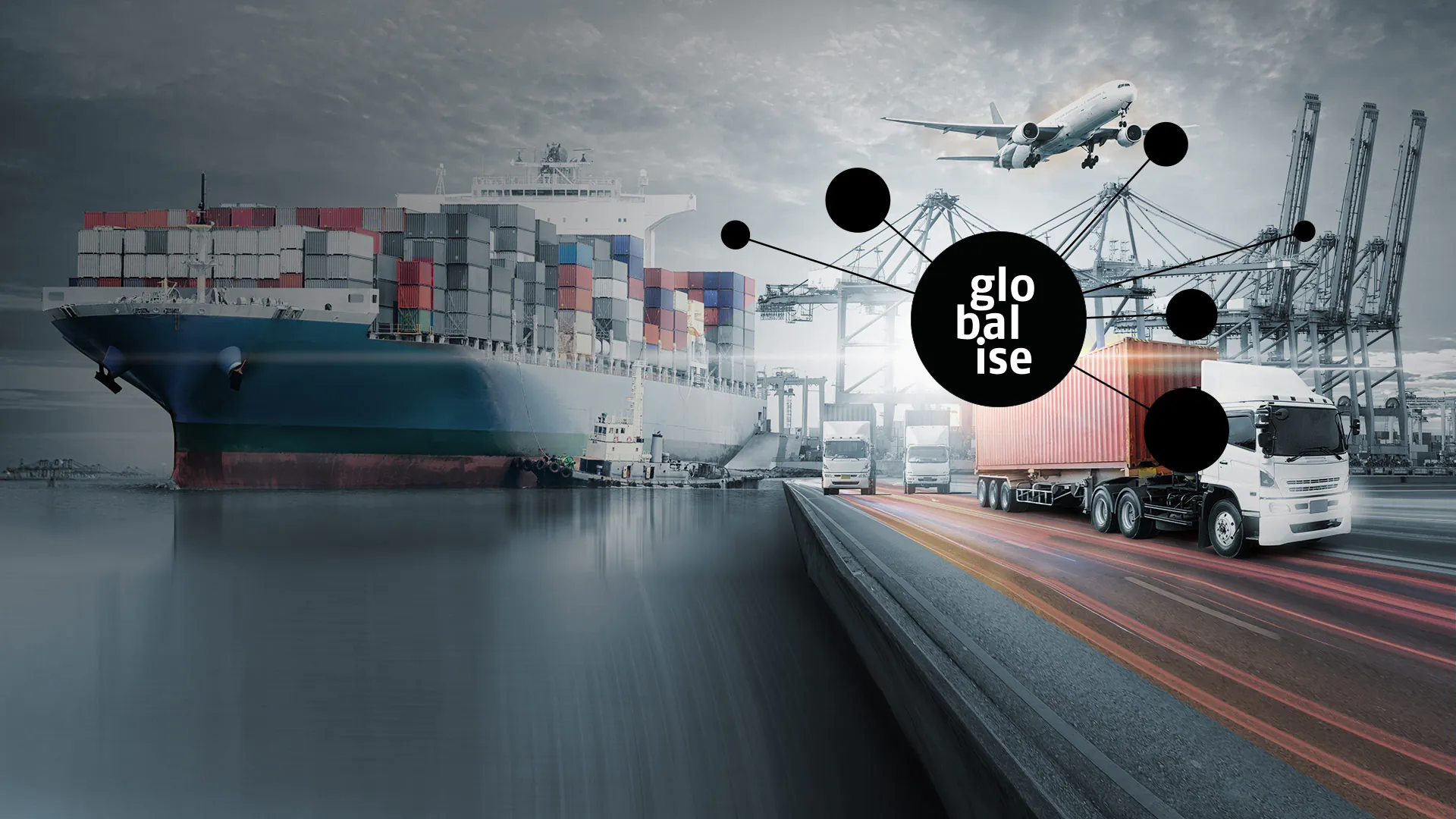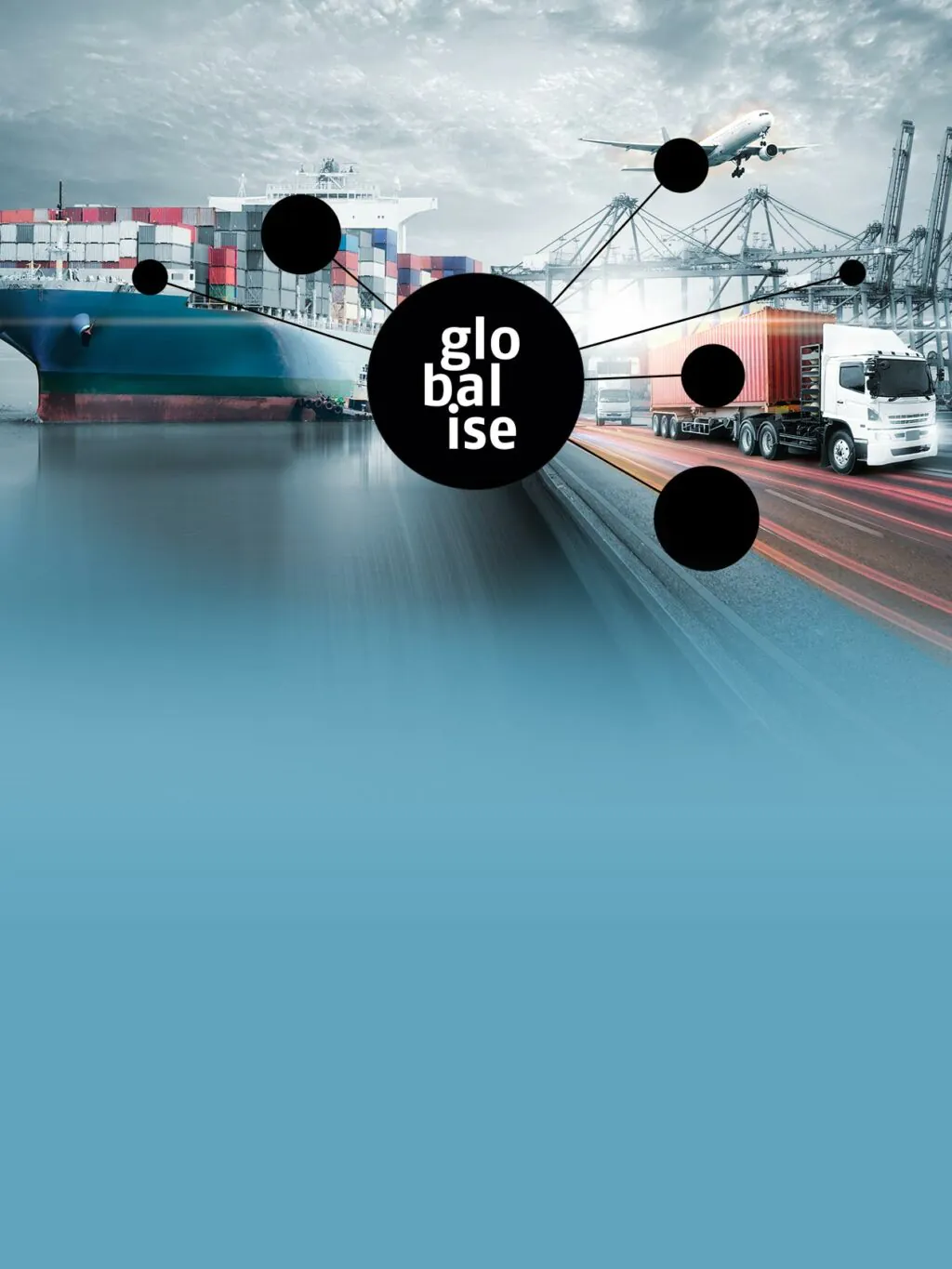

International Atreus Study
Supply Chain Bottleneck 2022
Supply problems and parts shortages threaten development of companies.
Ongoing supply chain bottlenecks are having an increasingly negative impact on global industry. And the problems are likely to continue for a long time.
The automotive sector, the energy sector, and steel and metal manufacturers in particular are suffering from the consequences of the acute supply problems, which market experts believe have long had an inhibiting effect on the development of globally operating companies.

The results of the Atreus study “Supply Chain Bottlenecks 2022” show that global supply chain bottlenecks and parts shortages are a serious problem that poses major challenges for entire industries in the respective countries. Around 70 percent of respondents say this is the case. In addition, around half state that the difficulties also affect their company to a greater extent, while around 40 percent see only a slight impact, at least at present.
This is the result of a study initiated by Atreus, which, in cooperation with the globalise partner network, surveyed exactly 600 top global executives – including managing directors, board members, supervisory board members and interim managers from a wide range of industries and countries – between June and July 2022.

There are numerous reasons for the continuing difficulties
In addition to price increases for raw materials and shortages of raw materials or key components, which is seen as the main reason for supply chain bottlenecks (60 percent), China’s rigid COVID policy (43 percent), the Russian attack on Ukraine (38 percent), lower transport capacity (27 percent) and cutbacks in logistics in the wake of the pandemic are also among the most important factors. In addition, there is the loss of labor and higher energy costs.
The consequences are drastic: Almost half of those surveyed fear a drop in sales, and as many as 70 percent expect costs to rise significantly. Other major challenges include cancelled orders, lost customers, declining customer loyalty and the threat of a drop in profits in the project business.
In order to find a way out of the complex situation and work on target-oriented solutions, market experts believe that a whole package of measures must be taken.
 +49 89 452249-540
+49 89 452249-540 